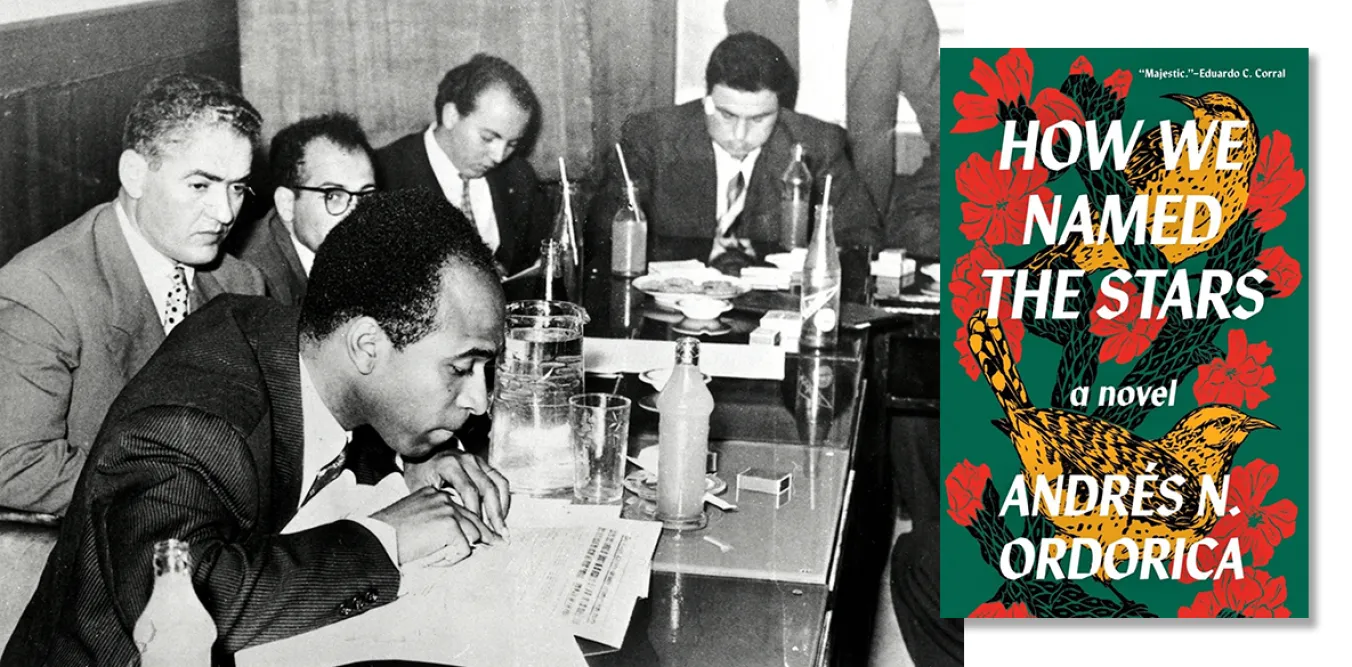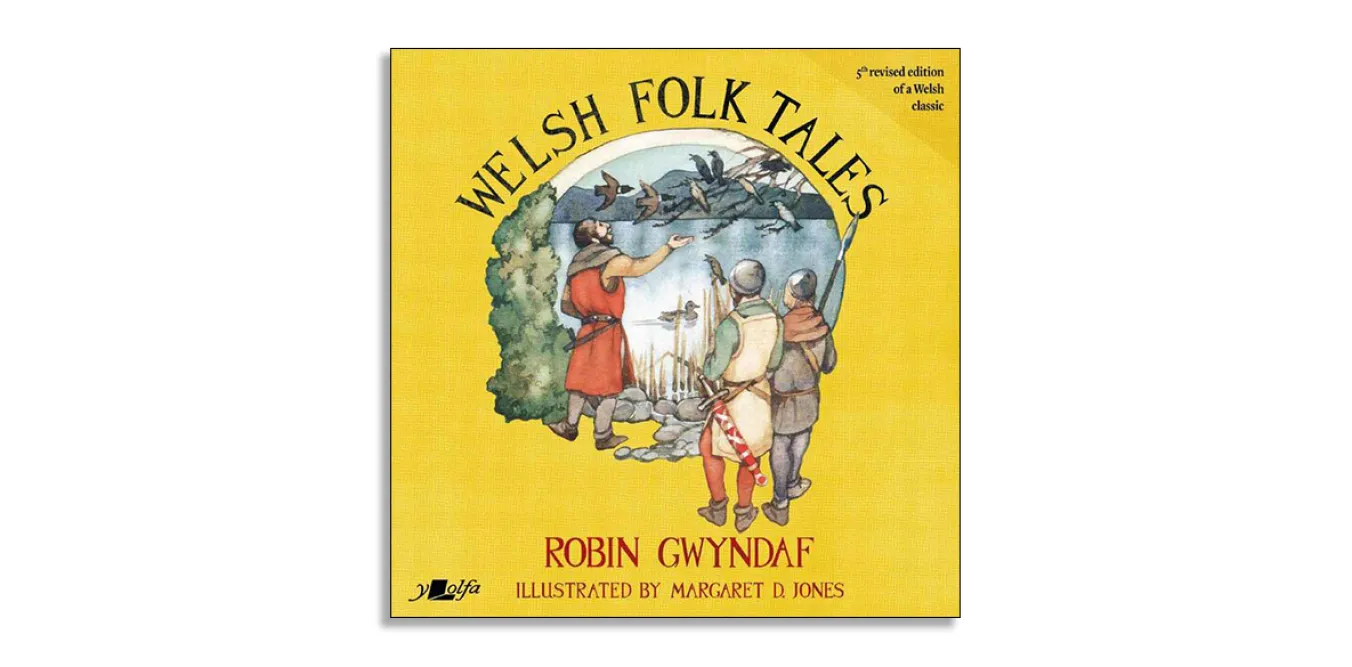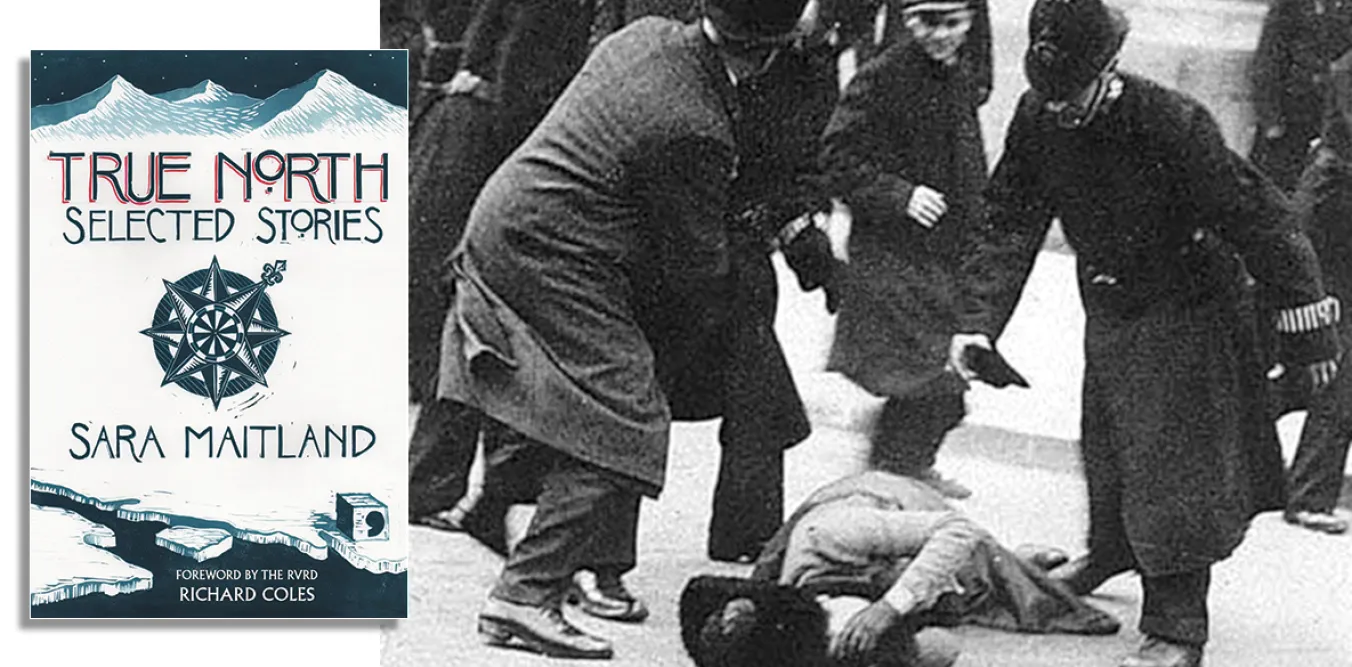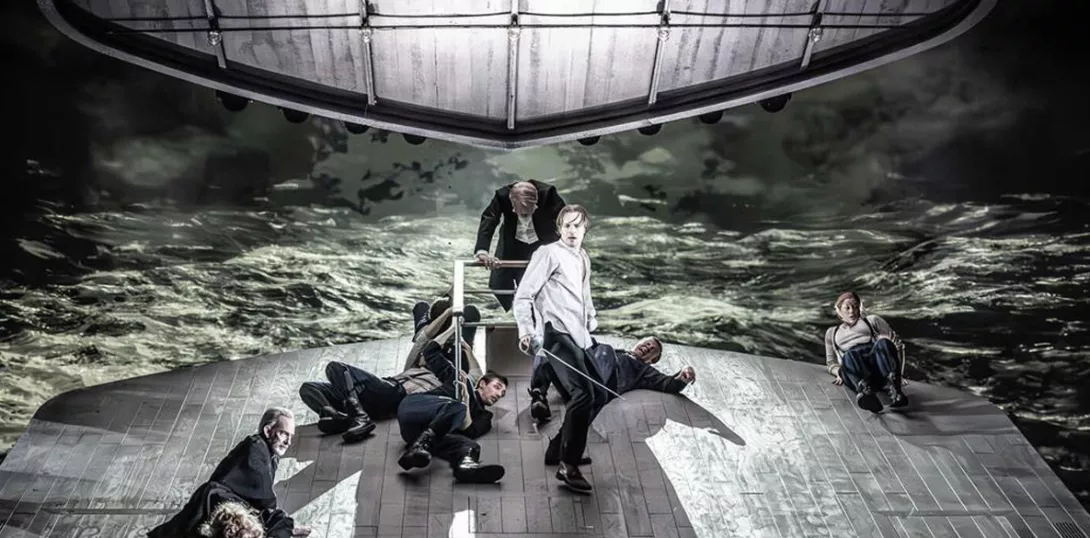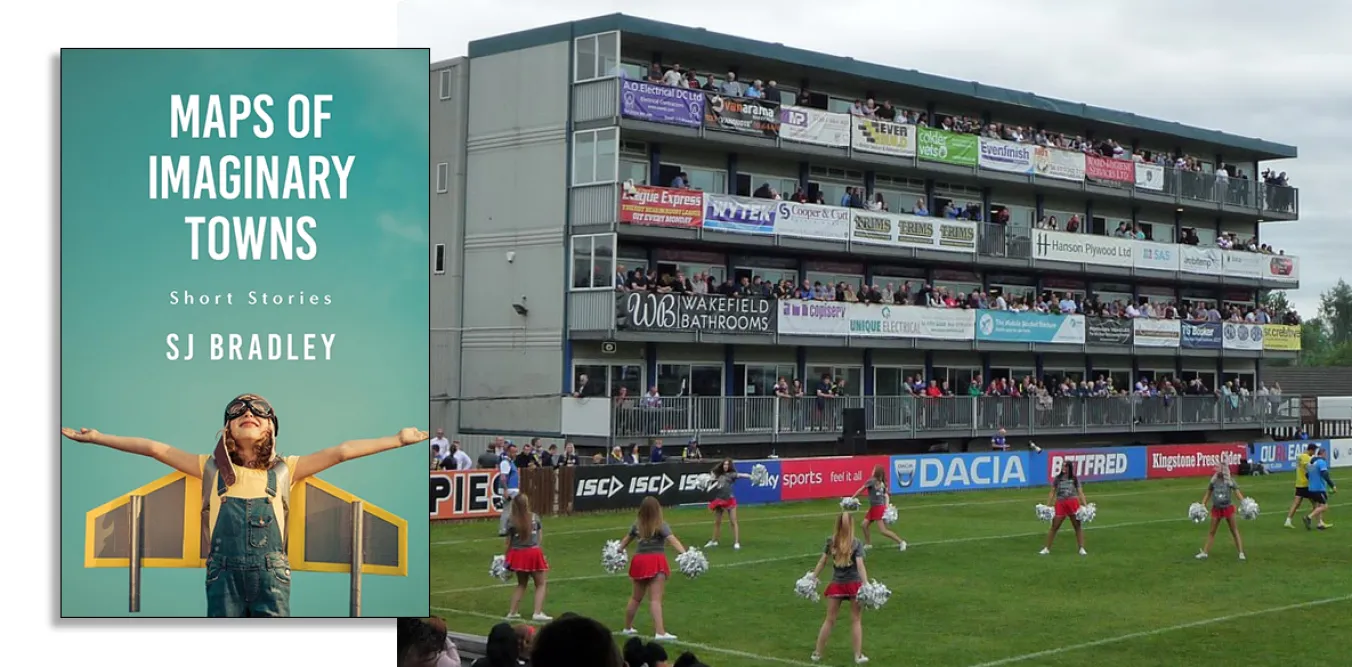
Maps of Imaginary Towns
SJ Bradley, Fly on the Wall Press, £11.99
THE tales in SJ Bradley’s debut collection focus on damaged communities and people under pressure. They can be appreciated on several levels.
There’s pleasure in the author's spare and accessible style. She's an impressive exponent of the traditional dialogue-driven story. Characters and situations are deftly sketched in conversations freighted with conflict, hope and fear.
But, at some point in every narrative, enjoyment of Bradley’s technique is swept aside by the realisation that something tricky lurks beneath the empathy and elegant technique. Her work has an experimental edge, challenging expectations of how a realistic, dilemma-based narrative ought to work.
Firstly, they resist closure: quandaries continue after the final page is turned, people face uncertain futures and ambiguities are unresolved. Bradley declines to force the experiences of her characters to fit an established storytelling aesthetic. This is important in terms of the working-class lives she examines, because the structure of the stories we tell shapes the way we see our place in the world.
Secondly, the real focus of the stories is often something neither told nor shown. Viewpoint characters have emotionally intense interactions with people, objects, places and activities. These narratives are slyly ontological, giving elusive insights into the nature of human existence. These elements of Bradley’s storytelling expand the possibility of what is “storyable,” and which aspects of experience are open to exploration in fiction.
Many of the stories involve the interaction of hope, despair, resilience and decay. As the title suggests, Backstreet Nursery 2050, the powerful opening story, extrapolates our inadequately funded social services and degraded democracy into the near future. The protagonist, Paul, fights to secure the future of his daughter and, unlike the authority he serves, retains a sense of responsibility to his community.
In addition to “mundane” sci-fi, Bradely has far future interplanetary travel in her repertoire. The Life of Your Dreams is a searing tragicomic satire. Having fled the hellish conditions of Earth’s compromised ecosystem, Anna is an exploited guest worker of a race called the Ganglians. The conditions are appalling, and she dreams of returning to Earth. By exceeding her work quota, she saves enough stamps to buy a one-person rocket pack and embarks on a project founded on desperation, danger and hope.
Coming back to Earth with a bump — unlike Anna, we hope — we meet characters fighting for the survival of institutions under threat. The Gordon Trask focuses on a collapsing school’s music service, while Discrepancy Matrix features a graph that symbolises the heroic failures of a dwindling social work team. On the surface, these are tales of gritty realism, but they are haunted by the deliberate annihilation of a world that was kinder.
There are several tales in which characters seek escape and reinvention. In Dance Class, Karen abandons her home and belongings, flees her abusive partner and heads for safety with her daughter in leotard and tutu. Coming Attractions is the story of Craig, who leaves his boyfriend and the ticket counter of Wakefield’s Cineworld for an uncertain and exciting future in London. The most upbeat story in the collection is Dead Letters, in which the narrator quits her subterranean job in a university’s mailroom for a second chance at an undergraduate study.
Other standouts include a pair of tales on the theme of creative obsession. In the enigmatic title story, Hollis’s meticulous map making counterpoints a family tragedy, while Toro involves a melancholy collision of art, life and landscape.
Maps of Imaginary Towns is a fine collection that demonstrates the short story’s relevance as entertainment, provocation and survival strategy.
